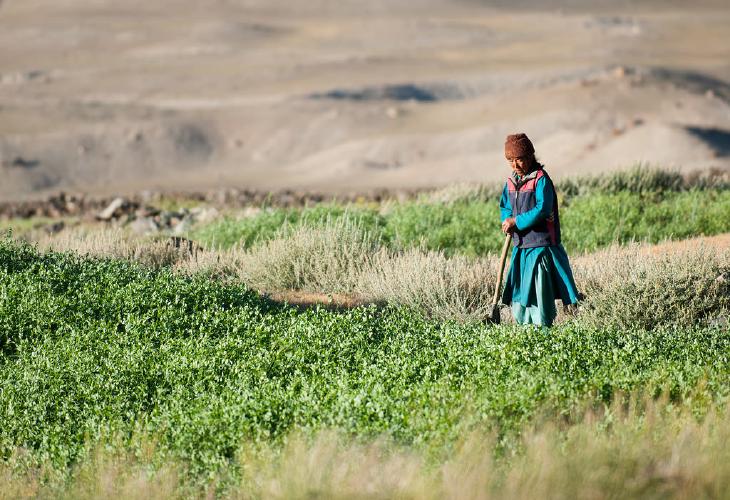The Agroecology Fund (AEF) is a multi-donor fund supporting agroecological practices and policies. The Fund aims to support viable food systems, promote the economic well-being and human rights of small farmers and their communities, and mitigate climate change through low input agriculture featuring sustainable soil and water use. It links organizations and movements that advance agroecological solutions locally, regionally and globally.
With the guidance of international advisors deeply embedded in the agroecology movement, the Fund supports some of the most effective farmer organizations, advocates and researchers in the field of agroecology.
AEF began its work in 2012 and is currently supported by a diverse group of U.S., Asian and European funders with all committed to international grantmaking to advance agroecology. While each organization maintains its independent programs, they are united by their interest in amplifying agroecological practices and policies throughout the world.
Since 2012, AEF has awarded $9.48 million to 139 collaborations that include a total of 293 organizations in Africa, Asia, Europe, Latin America and the USA. Funds are administered by Global Greengrants Fund.
Why We Partner
We believe that collaborative action among agroecology stakeholders is needed to address the overlapping issues of climate adaptation and mitigation, food security, biodiversity, conservation, and poverty. Pooled funding from diverse actors who embrace a rights-based approach and a participatory process will deepen our impact within the agroecology movement and make us more knowledgeable funders.
We also support the Agroecology Fund because their approach to participatory grantmaking is similar to our own +1 Fund, they’re big on transparency, and they’re a learning community for agroecology.
Impact
Funding multi-sectoral agroecology movements in collaboration with other funders will multiply our impact and improve our knowledge in the space. The thriving economies that result from this investment will offer dignity and livelihoods for food producers, as well as the ability to adapt to and mitigate environmental change.
